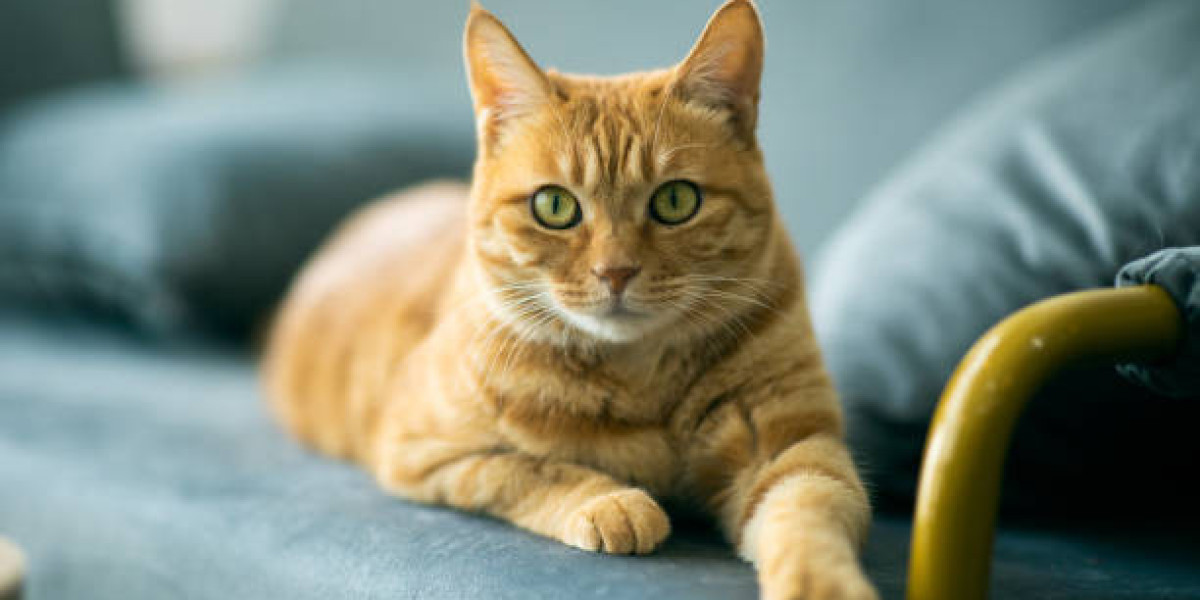As beloved members of our families, cats bring joy and companionship into our lives. However, like humans, cats can also experience respiratory issues that may resemble the common cold. Understanding whether cats can get colds, and how to recognize and manage feline respiratory conditions, is crucial for maintaining our feline friends' health and well-being. In this article, we'll explore the concept of "colds" in cats, common respiratory conditions they may experience, and how to provide care and support when our furry companions aren't feeling their best.
Can Cats Get Colds?
While cats can experience respiratory symptoms similar to those of the common cold in humans, they don't actually catch colds in the same way. The viruses responsible for the common cold in humans, such as rhinovirus and coronavirus, are specific to humans and do not affect cats in the same manner. However, cats are susceptible to various respiratory viruses and bacteria that can cause similar symptoms, including sneezing, runny nose, watery eyes, and coughing.
Common Feline Respiratory Conditions:
Feline Upper Respiratory Infection (URI): URI is a common viral infection in cats, often caused by feline herpesvirus (FHV) or feline calicivirus (FCV). Symptoms of URI include sneezing, nasal discharge, congestion, coughing, and fever. URI is highly contagious among cats and is commonly spread in multi-cat environments, such as shelters or catteries.
Feline Viral Rhinotracheitis (FVR): FVR is caused by feline herpesvirus (FHV-1) and primarily affects the upper respiratory tract, including the nose, throat, and eyes. Symptoms of FVR include sneezing, nasal discharge, conjunctivitis (inflammation of the eyes), fever, and lethargy. FVR is highly contagious and can cause severe respiratory illness, especially in young kittens and immunocompromised cats.
Feline Calicivirus (FCV) Infection: FCV is another common cause of respiratory illness in cats, particularly in multi-cat households or communal living situations. FCV infection can cause symptoms such as sneezing, nasal discharge, mouth ulcers, fever, and lameness (limping). Some strains of FCV can also lead to more severe disease, including pneumonia and systemic illness.
Managing Feline Respiratory Conditions:
Veterinary Evaluation: If your cat is exhibiting respiratory symptoms, it's essential to seek veterinary care promptly for proper diagnosis and treatment. Your veterinarian can perform diagnostic tests, such as nasal swabs or blood tests, to identify the underlying cause of your cat's respiratory illness and recommend appropriate treatment options.
Supportive Care: Providing supportive care at home can help alleviate your cat's symptoms and promote recovery. Keep your cat comfortable and well-hydrated by offering plenty of fresh water and wet food, as cats may lose their appetite when they're not feeling well. Use a humidifier or steamy bathroom to help relieve congestion and make it easier for your cat to breathe.
Medications: Your veterinarian may prescribe medications to help manage your cat's respiratory symptoms and treat any underlying infections. Antiviral medications, antibiotics (for secondary bacterial infections), decongestants, and eye drops may be recommended depending on the specific diagnosis and severity of your cat's illness.
Isolation and Hygiene: If you have multiple cats, consider isolating the sick cat to prevent the spread of illness to other pets. Wash your hands thoroughly after handling the sick cat or coming into contact with their respiratory secretions to reduce the risk of transmission.
Vaccination: Vaccination is crucial for preventing certain feline respiratory viruses, including FVR and FCV. Ensure your cat is up-to-date on their vaccinations to help protect them against these potentially serious illnesses. Discuss with your veterinarian the appropriate vaccination schedule and whether additional vaccines, such as the feline leukemia virus (FeLV) vaccine, are recommended for your cat's lifestyle and risk factors.
Conclusion:
While can cats get colds in the same way humans do, they are susceptible to various respiratory viruses and bacteria that can cause similar symptoms. Understanding the common respiratory conditions that affect cats, such as feline upper respiratory infection (URI), feline viral rhinotracheitis (FVR), and feline calicivirus (FCV) infection, is essential for recognizing and managing your cat's respiratory health. By providing prompt veterinary care, supportive home care, and preventive measures such as vaccination, you can help keep your feline friend healthy and happy for years to come.



